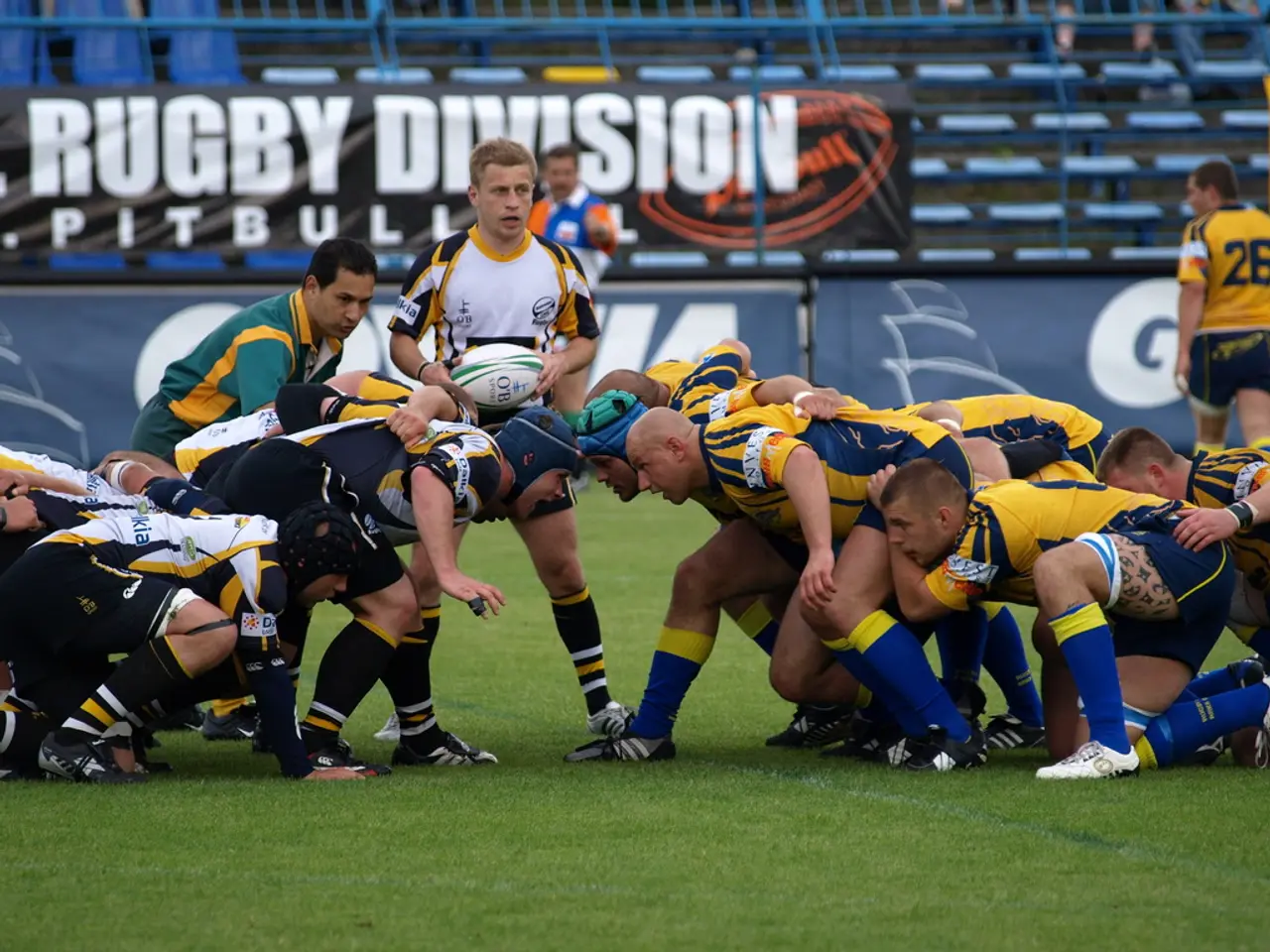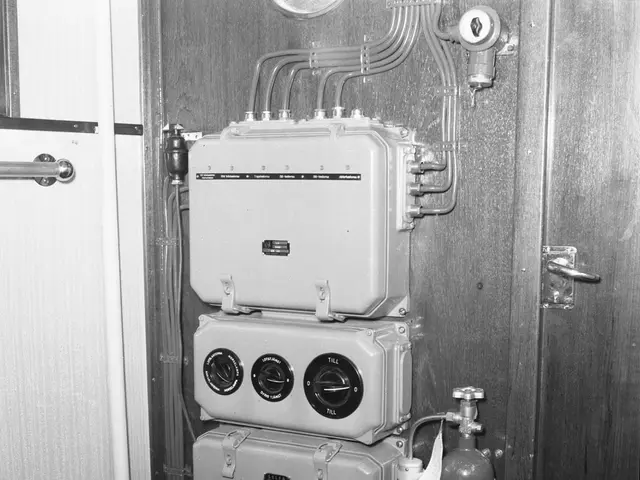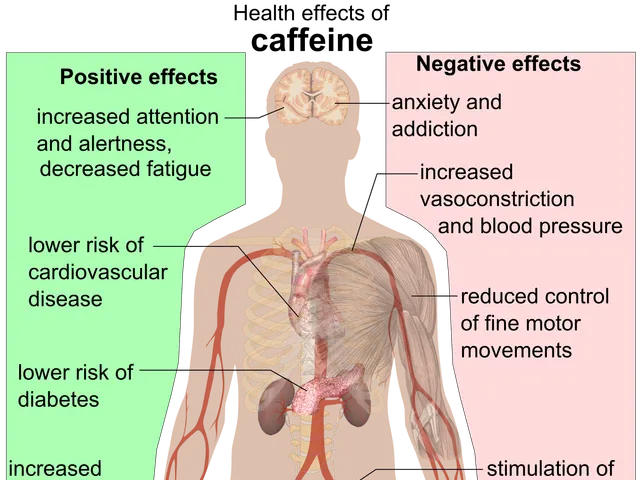Professional Rugby League's Impact on Mental Health: Intense Pressures within Elite Athletics
In the world of Rugby League, the focus is no longer solely on physical prowess. Efforts are being made to enhance support systems, aiming to alleviate the pressure on athletes and create a more sustainable career in sports.
Mental health plays a crucial role in the success and longevity of athletes, and addressing mental health issues can benefit all players. Sports psychologists are at the forefront of this movement, supporting the mental health of Rugby League players through strategies such as mindfulness training, cognitive-behavioral techniques, emotional regulation practices, and fostering inclusive team dynamics.
These approaches aim to improve emotional resilience, reduce anxiety, and enhance focus during games. Key strategies include Emotional Regulation Training, creating supportive team environments, fostering autonomy, competence, and relatedness, balancing performance and wellbeing, team building beyond training, monitoring and supporting injury rehabilitation, and integrating sports psychology into training programs.
Emotional Regulation Training involves techniques like mindfulness, controlled breathing, cognitive restructuring, and positive self-talk, helping players manage stress and maintain focus in high-pressure situations. Creating supportive team environments promotes open communication, trust-building exercises, and inclusive team cultures where players feel safe to express emotions, supporting mental wellbeing and resilience.
Fostering autonomy, competence, and relatedness draws from self-determination theory, ensuring players feel control over their actions, recognize their effectiveness, and feel connected to teammates. This promotes both individual resilience and collective team identity, important in competitive settings.
Balancing performance and wellbeing encourages a healthy work-life balance, allowing rest and recovery, and tailoring mental health support to individual needs to help prevent burnout and enhance overall wellbeing. Team Building Beyond Training strengthens bonds and trust among players, contributing to better mental health and collaboration on the field.
Monitoring and supporting injury rehabilitation includes mental health screening and counseling, addressing anxiety or depression that may affect rehabilitation adherence, thus supporting full recovery and mental resilience.
A supportive environment within teams encourages open dialogue, reduces stigma associated with seeking help, and fosters a healthier environment. Acknowledging mental health challenges in rugby league is the first step towards fostering a healthier environment within the sport, with support systems becoming a priority for teams and organizations alike.
Professional athletes in rugby league often utilize coping strategies such as physical fitness routines, mindfulness techniques, and social connections to manage performance anxiety and emotional struggles. Professional organizations should prioritize mental well-being alongside physical training to help players manage the unique demands of their careers.
Support systems for rugby league players must improve, with teams providing mental health resources that address the needs of their athletes. Building a strong team culture is an ongoing process. Regular team-building activities can promote camaraderie and understanding, helping players connect emotionally.
A positive relationship with the coach encourages players to discuss their feelings and experiences, leading to better mental health outcomes for everyone on the team. Future research should explore effective strategies for mental wellness in athletics, investigating successful programs from other sports and identifying what works in terms of support systems.
The culture within a team plays an important role in promoting mental health. Developing strong relationships among players fosters trust and resilience against external pressures. Communication is key in establishing a supportive atmosphere. Athletes sharing their experiences can reduce stigma around mental health issues and help develop coping strategies.
Coaches who prioritize emotional support can make a significant difference in athletes' mental wellbeing by encouraging players to speak up when they are struggling. Resilience is vital for rugby league players, enabling them to bounce back from defeats and setbacks effectively, view obstacles as opportunities for growth, and perform better under pressure.
Read also:
- West Nile Virus found in Kentucky for the first time; residents advised to take protective measures
- Symptoms, Timeframe, and Recovery from Cocaine Detoxification
- Experiencing diabetic neuropathy: a description of its sensations.
- Persisting Myth about Lightning Safety Continues to Pose Risks Despite Disproving




